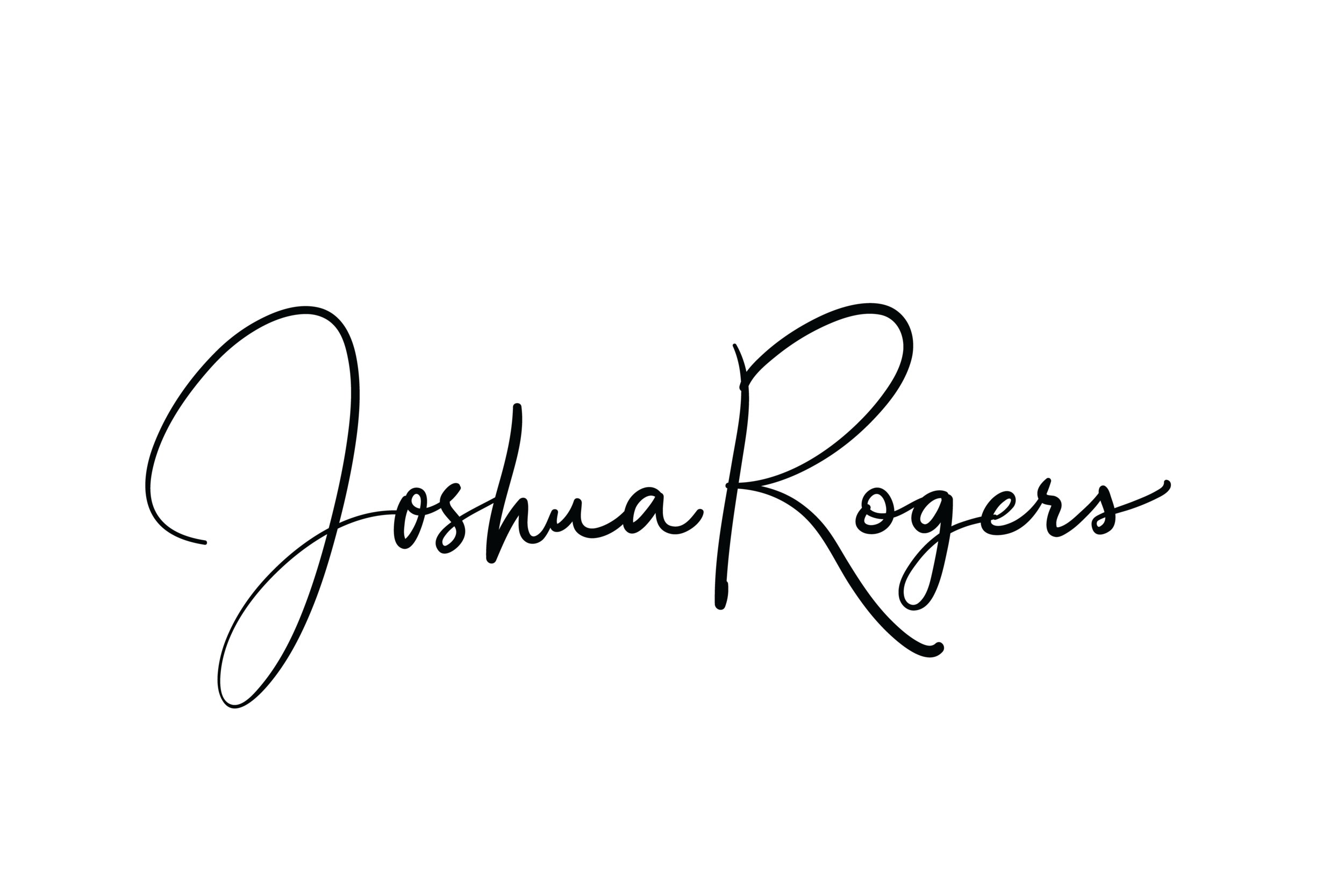The Benefits of External Brains
The Need
A couple of years ago I discovered the terminology "external brain" when listening to a podcast Back To Work. I didn't feel that I was in need of any help organizing my personal and business tasks, but the idea of offloading all of those things that tax my mental capacity and thereby allowing my brain to breath and be better at subconscious creativity to hopefully capture more elegant solutions to problems was very appealing.
So I bought an app called Omnifocus and starting dumping tasks as they came to mind or arose during the day. I started sorting things into projects and contexts (think resources, places, or people). Later I setup location based triggers that would alert me as I drove by Home Depot that I needed lightbulbs or those pesky refrigerator water filters, or dogfood from the supermarket.
My brain started to breath.
The Transition
Nothing happened immediately, except I felt less stress about trying to remember things. I no longer left the house thinking about what I needed to accomplish at work, or come home on Friday thinking about what I needed to accomplish on my days off. That was nice.
Further in to the discipline of using this method, I realized I was coming up with ideas more often out of the blue. Things would just come to me: an idea to solve an inefficient process at work, a memory from a long time ago that triggered how to solve a contemporary challenge at work. My camping trips had less mental intrusions of what needed to happen next week at the office, and so on.
To Infinity & Beyond
I don't know what is holding you back or stressing your mental well-being, but maybe a better external brain is just what you need. Sometimes long to-do lists can be overwhelming, I get that, but with the right external brain you can filter out future tasks until the date you are ready to start them (license renewals, spring gardening tasks, yearly family portrait session). Maybe you just need to better process your to-do list and realize you are saying "Yes" to more obligations than you should...then devising a system to determine what to start saying no to.
Our brains aren't that great at remembering. Within reason they do ok, but try to remember 100 different things you need to do over the next month, then the next, and the next. My experience has been that the brain seems like a well-used white board. Old tasks don't fully erase and those artifacts or "smears" of past tasks can bleed through and confuse. Our brain has to throw out what it thinks is junk and end you end up getting on the plane without completing a crucial task or scheduling that critical appointment that needs to happen as soon as you get back from vacation...when you remember 3 days in to your vacation, it messes up your beach flow.
Our brains are best at recognizing things. We hope that as we recognize things during the day it will trigger our memories of what we need to do. I find this to be a poor way to manage your professional and personal obligations. I guess you could leave a breadcrumb trail of hieroglyphic art to trigger those memories, but I'm not a great artist. I picture the mounting stress and missed opportunities leaving you entombed in a pyramid of daily scrambles and brute force solutions. If every day presents fire drills I might offer that you are not properly managing your affairs, personal or business. Life doesn't just happen to successful people. People who accomplish much with great success live intentionally.
My Recommendations
- Buy Omnifocus for your iPhone, iPad, and Mac. Start out small-pick a project, personal or business, and start loading your next steps, tasks, etc. You might think these apps are on the pricey side of the spectrum, but what good tool isn't. You can't paint a masterpiece with brushes and paint from the dollar store. Email me if you want some tips or need help.
- Read David Allen's Getting Things Done. I haven't, but I've listened to hours of discussions on the subject matter and feel I have things well in hand. I plan to read this book over my Christmas vacation this year.
- Listen to Back to Work
